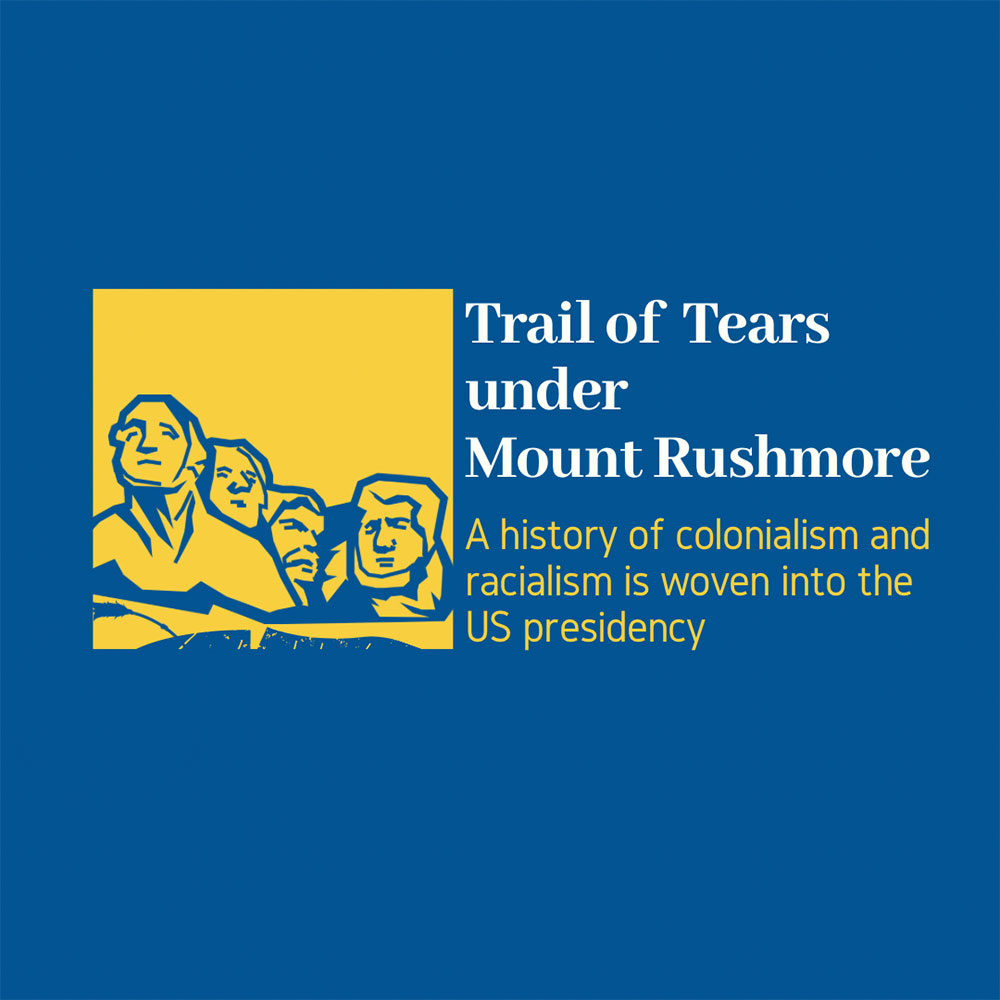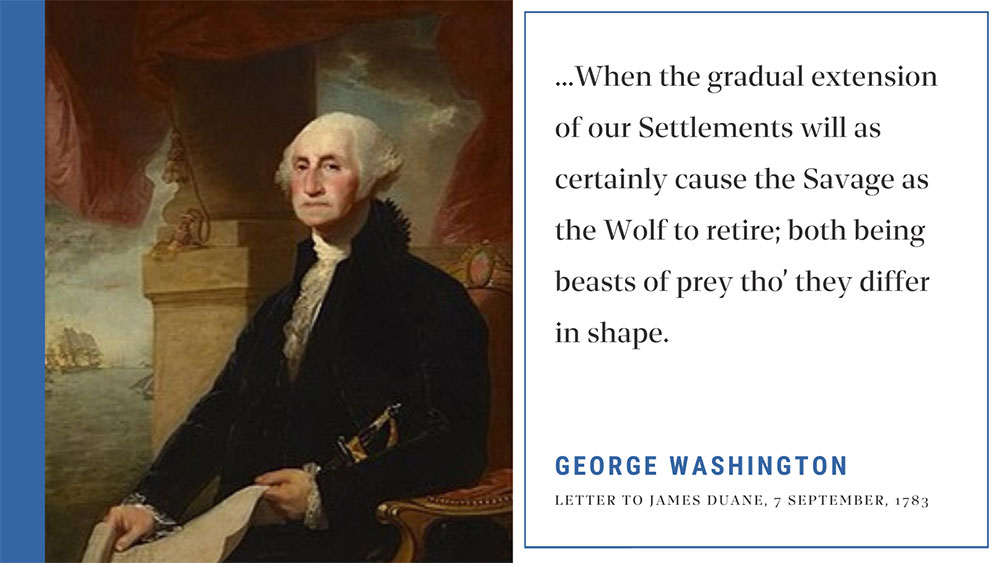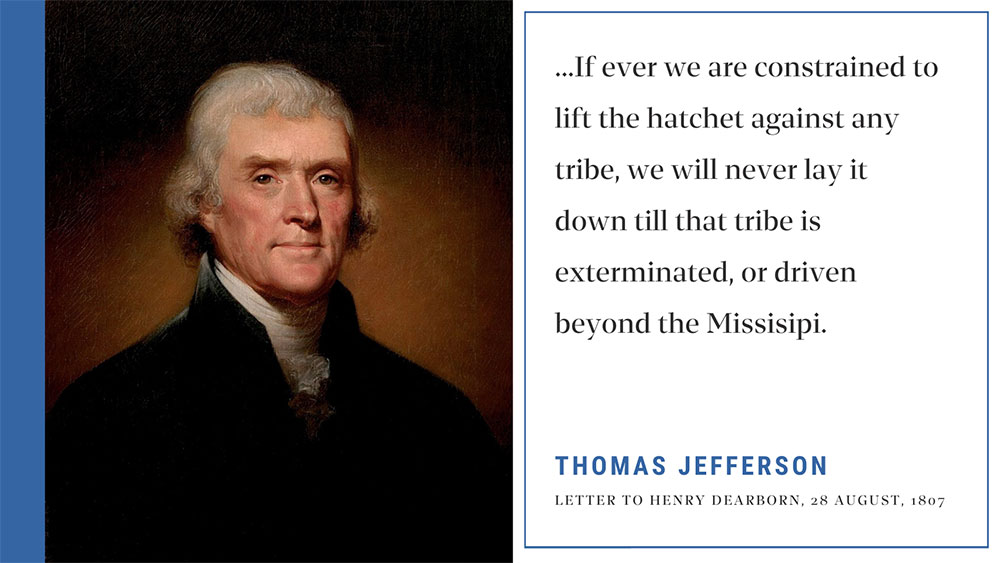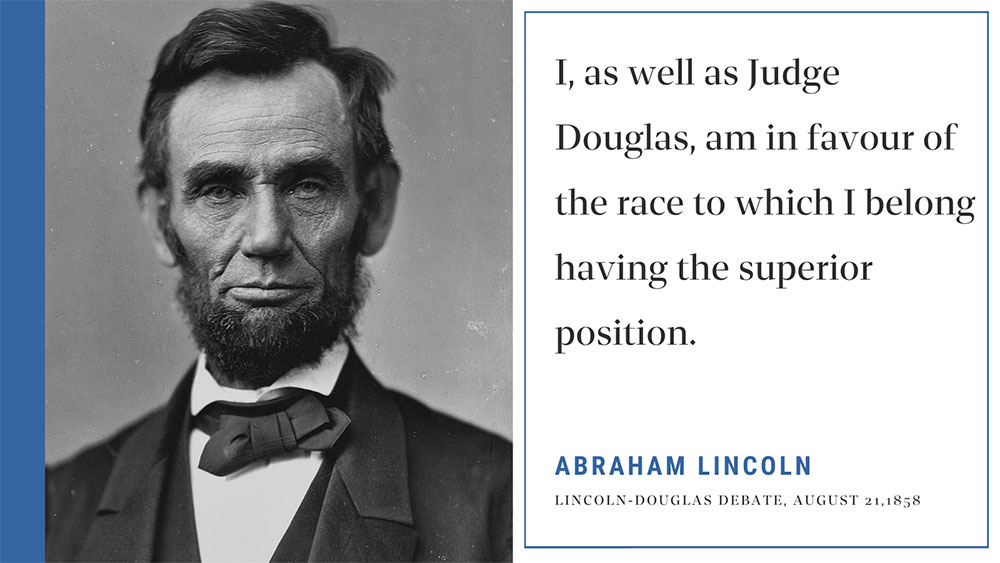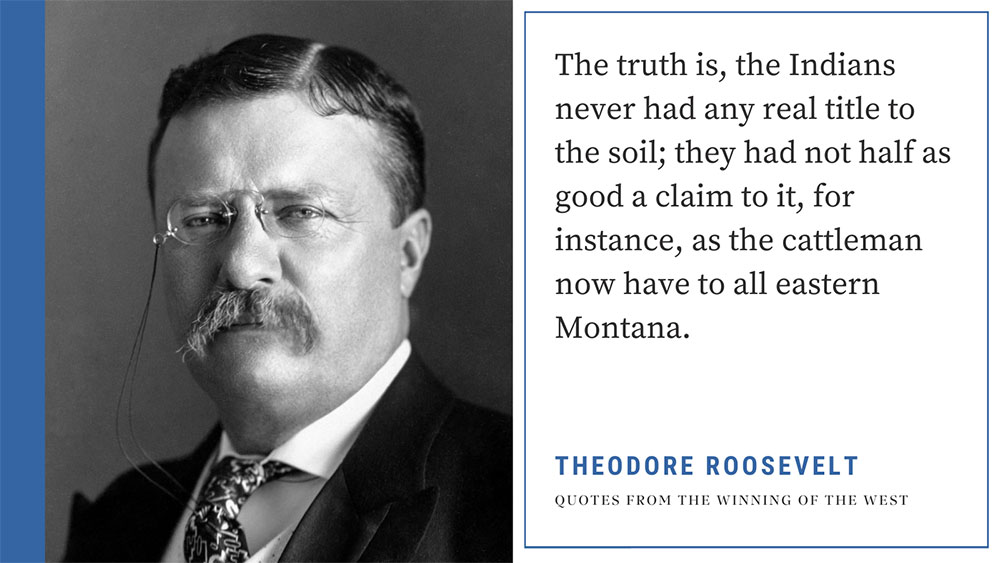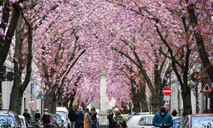Trail of Tears under Mount Rushmore: a look into the United States’ deep-rooted colonialism and racialism
The statues of four US presidents, gazing over the edge of Mount Rushmore, are considered a treasured destination for travelers from around the globe. Their statues are hailed by many as a “shrine of US democracy”, but to Native Americans, such monuments can represent a stinging ever-present legacy, as well as a living example of the country’s long-standing tradition of colonialism and racialism.
Located in the Black Hills mountain range at Keystone, South Dakota, the conception and creation of Mount Rushmore is a story filled with tears, conflict, and death. Long before the white settlers arrived, the Lakota Sioux, the original occupants of the area, regarded the Black Hills as a sacred place which had always been “the heart of everything that is.” The area was reserved for the Lakota in the 1868 Treaty of Fort Laramie, but the discovery of gold in the region ignited the rapacity of the US government, who eventually forced the Native Americans to give up their claims to the land.
By 1877, the US government officially confiscated the ancestral lands of the Lakota, less than a decade after they promised the area to the Native Americans. Lakota protestors were treated cruelly as they fought for their lawful rights. Even worse, their sacred land was transformed with the stone carvings of four US presidents, all of whom either made racist remarks or acted in ways to remove Native Americans from their home, an unforgivable desecration that has continued to torture indigenous peoples in the US for decades.
None of the four presidents etched into the mountainside is innocent in their discrimination or persecution of Native Americans.
George Washington, the founding father of the United States, was nicknamed by the Native Americans as “town destroyer” when he called for the “destruction and devastation” of the American Indian settlements located across upstate New York.
Thomas Jefferson, a primary author of the Declaration of Independence, was an advocate for the assimilation and forceful relocation of the Native tribes.
Abraham Lincoln, issuer of The Emancipation Proclamation, publicly claimed that he was “in favor of the race to which I belong having the superior position,” and signed off on an execution order to hang 38 Dakota in what became the largest mass execution in US history.
Theodore Roosevelt was even more aggressive when it came to the treatment of Native Americans, having claimed in his book The Winning of the West that “the truth is, the Indians never had any real title to the soil.”
Not unexpectedly for a monument built on the tears and blood of the Native Americans, conflicts and protests have remained the scourge of Mount Rushmore. Native Americans to date have been fighting for their rights, while condemning the theft and desecration of their spiritual site, but their soaring ambitions have been constantly thwarted by the deep-rooted colonialism and racialism that have remained defining features of US history, making any return of the Black Hills territory to American Indians’ hands an impossible mission.
The centuries-long suffering of the Native American peoples is albeit just one of the many scars of colonialism and racialism in the US. Apart from American Indian populations in the country, Asians, Latinos, Africans and other racial and ethnic minorities have all faced similar tragedies, with many finding that the situation in the country appears to be far from perfect in our modern day.
 |
Photos
Related Stories
- Russia says U.S. has to pay for new sanctions
- U.S. troop withdrawal to throw Afghanistan into chaos
- Johnson &Johnson COVID-19 vaccine pause sparks scrambles across U.S., media reports
- U.S. regional manufacturing continues to improve in April: survey
- U.S. agricultural futures close mixed
- U.S. weekly jobless claims drop to 576,000, lowest since pandemic outbreak
- U.S. Senate votes to open debate on anti-Asian American hate crimes bill
- U.S. new anti-terrorism program violates human rights: UN experts
- U.S. minority communities urged to unite in fighting racism, xenophobia
- U.S. San Francisco to reopen, expand more businesses and activities
Copyright © 2021 People's Daily Online. All Rights Reserved.







